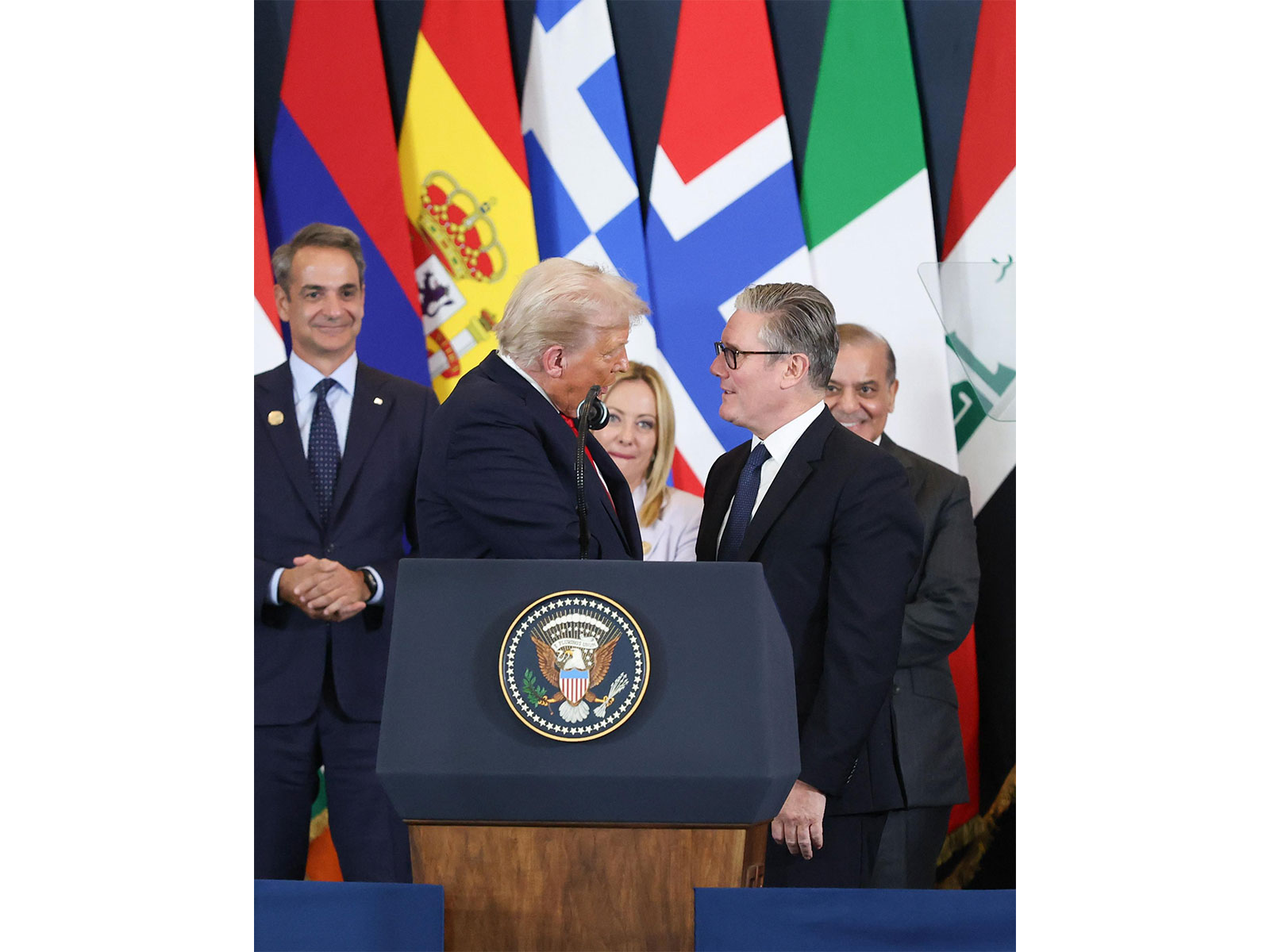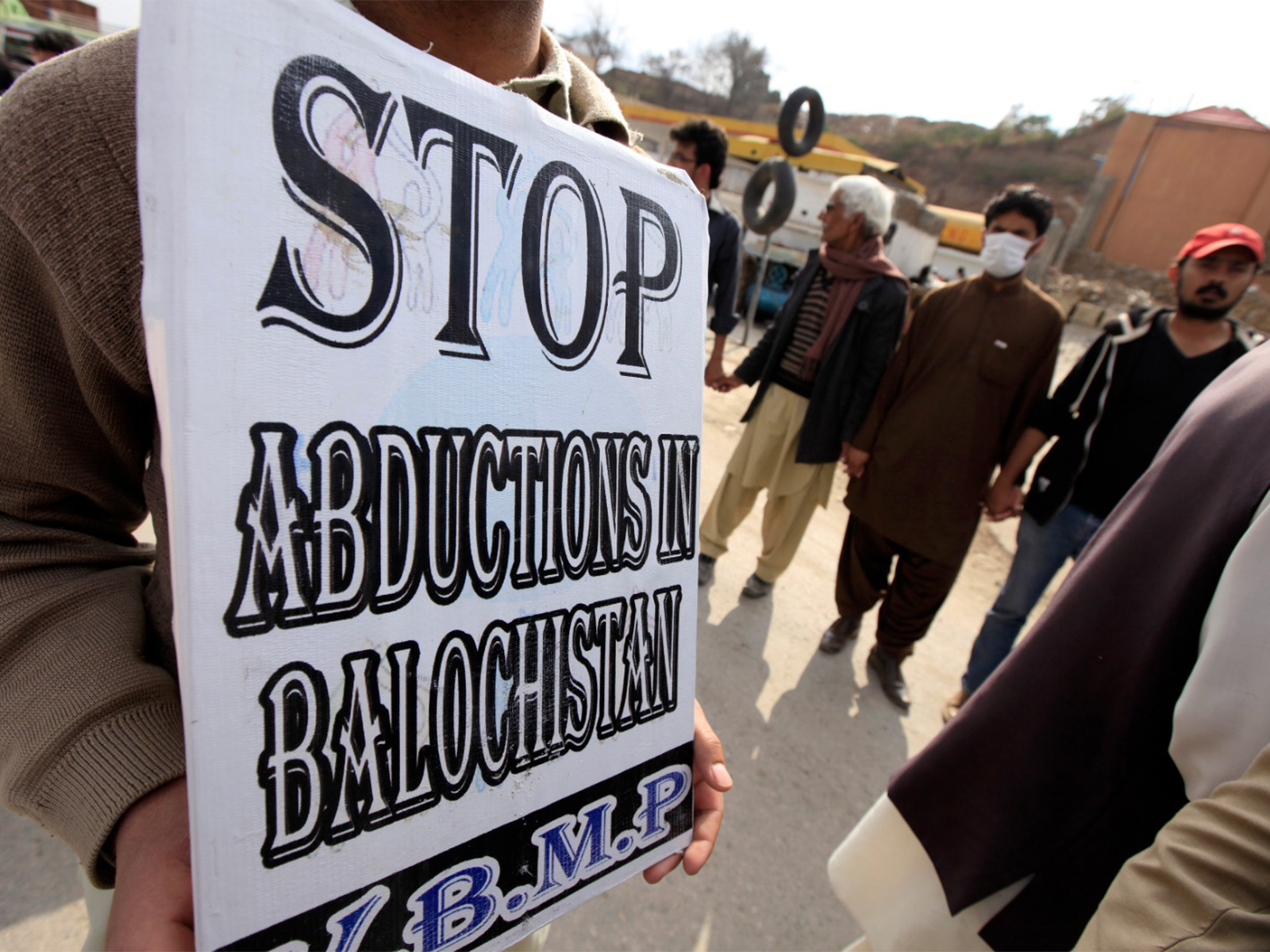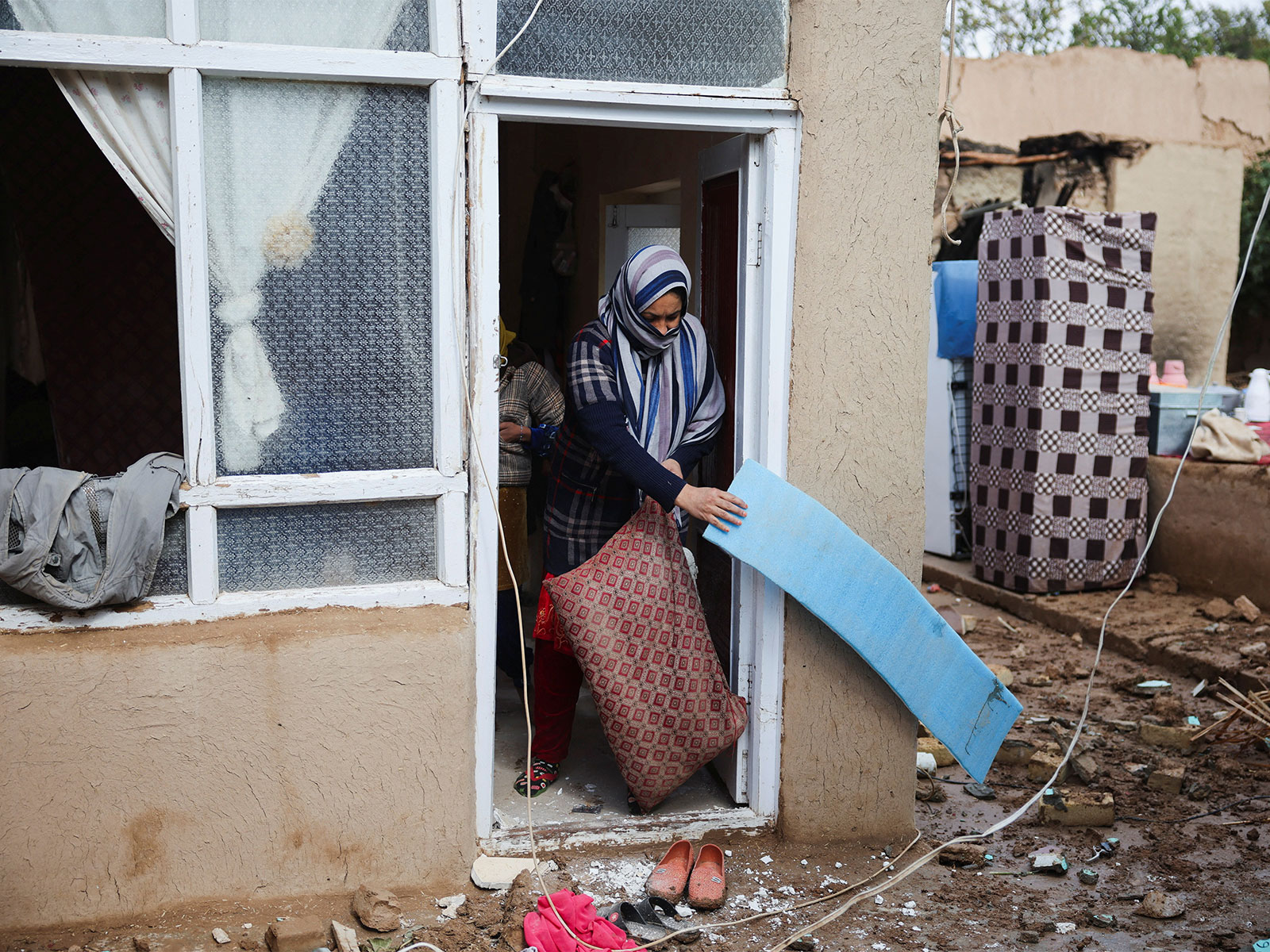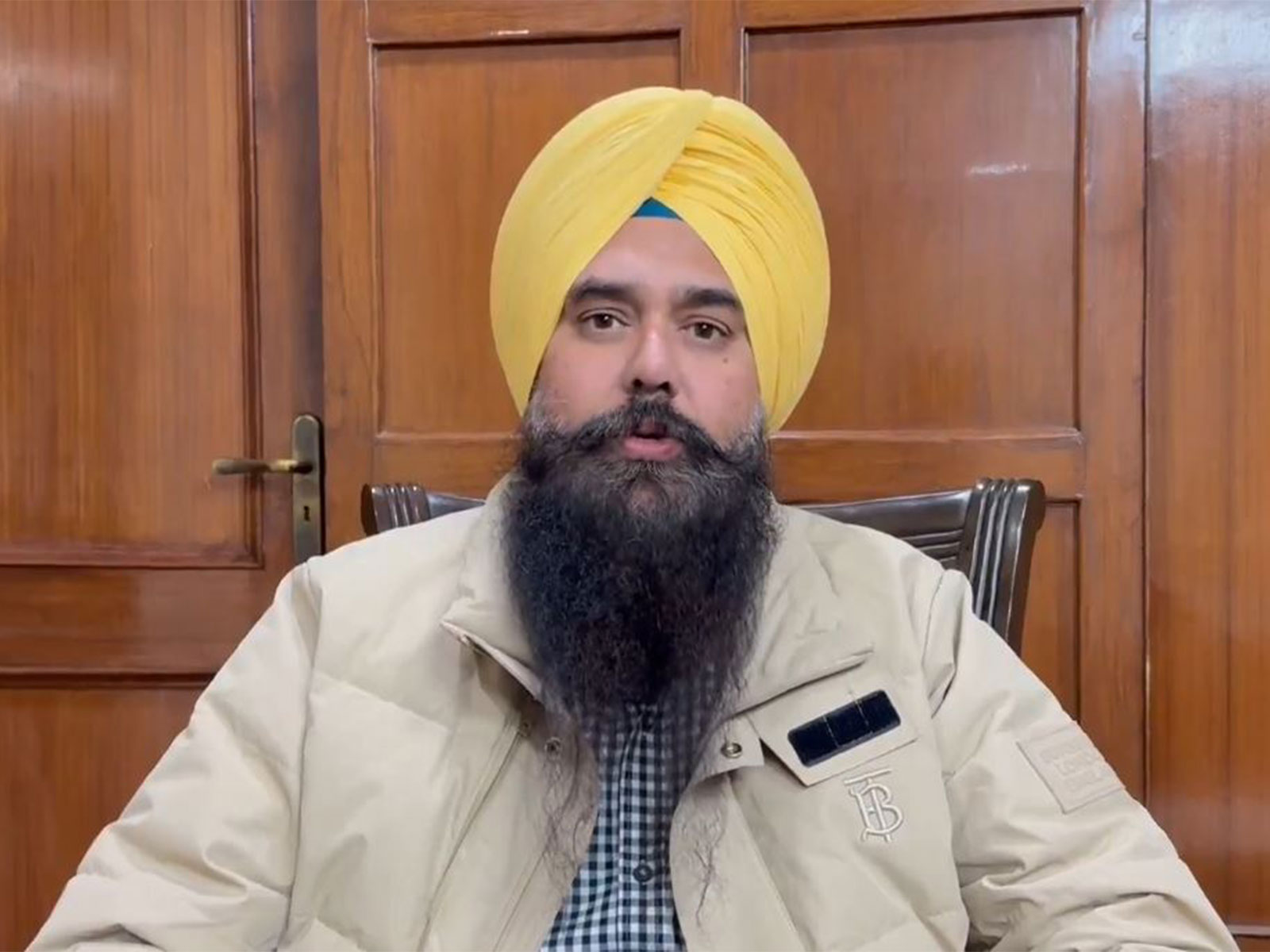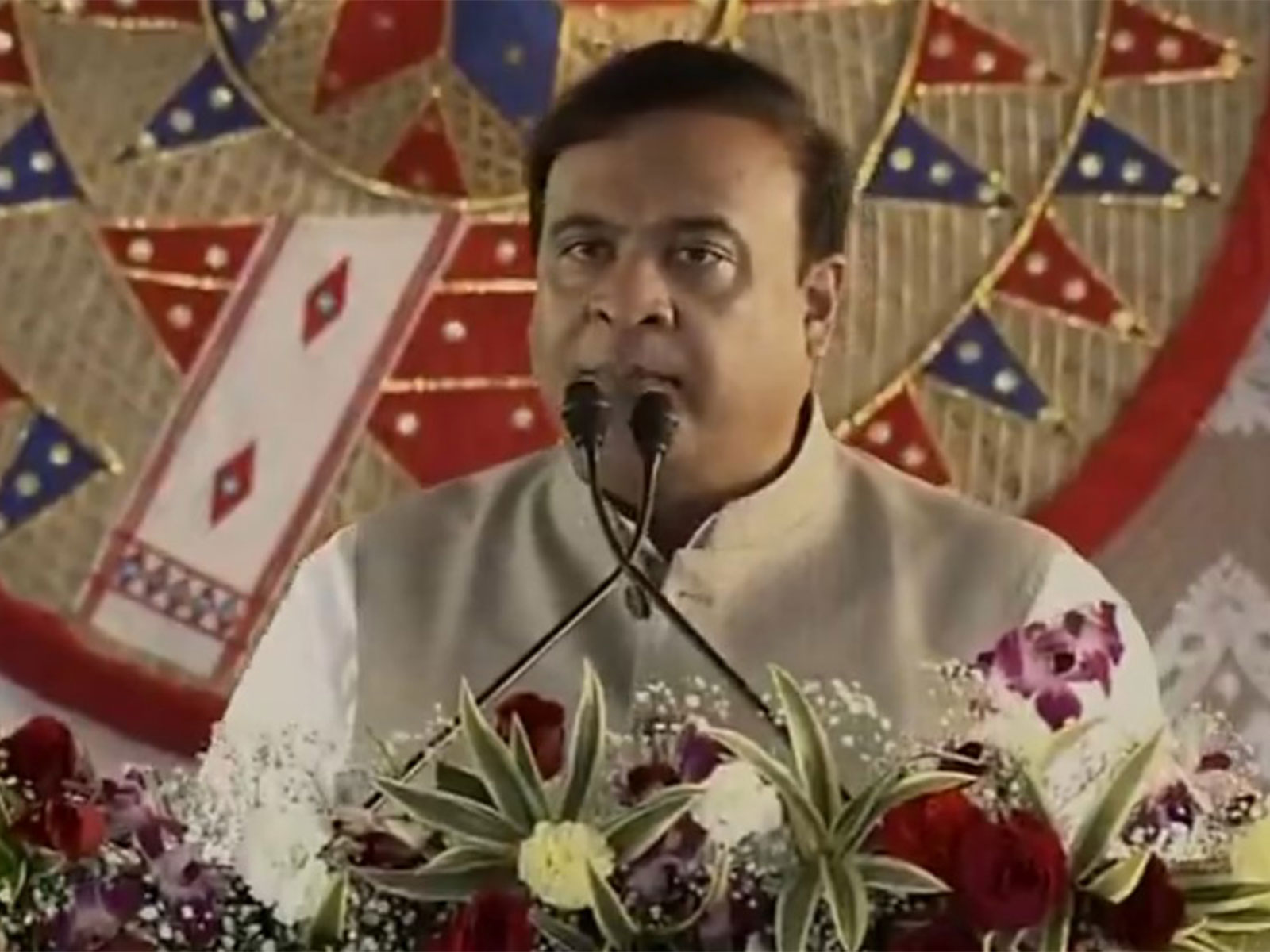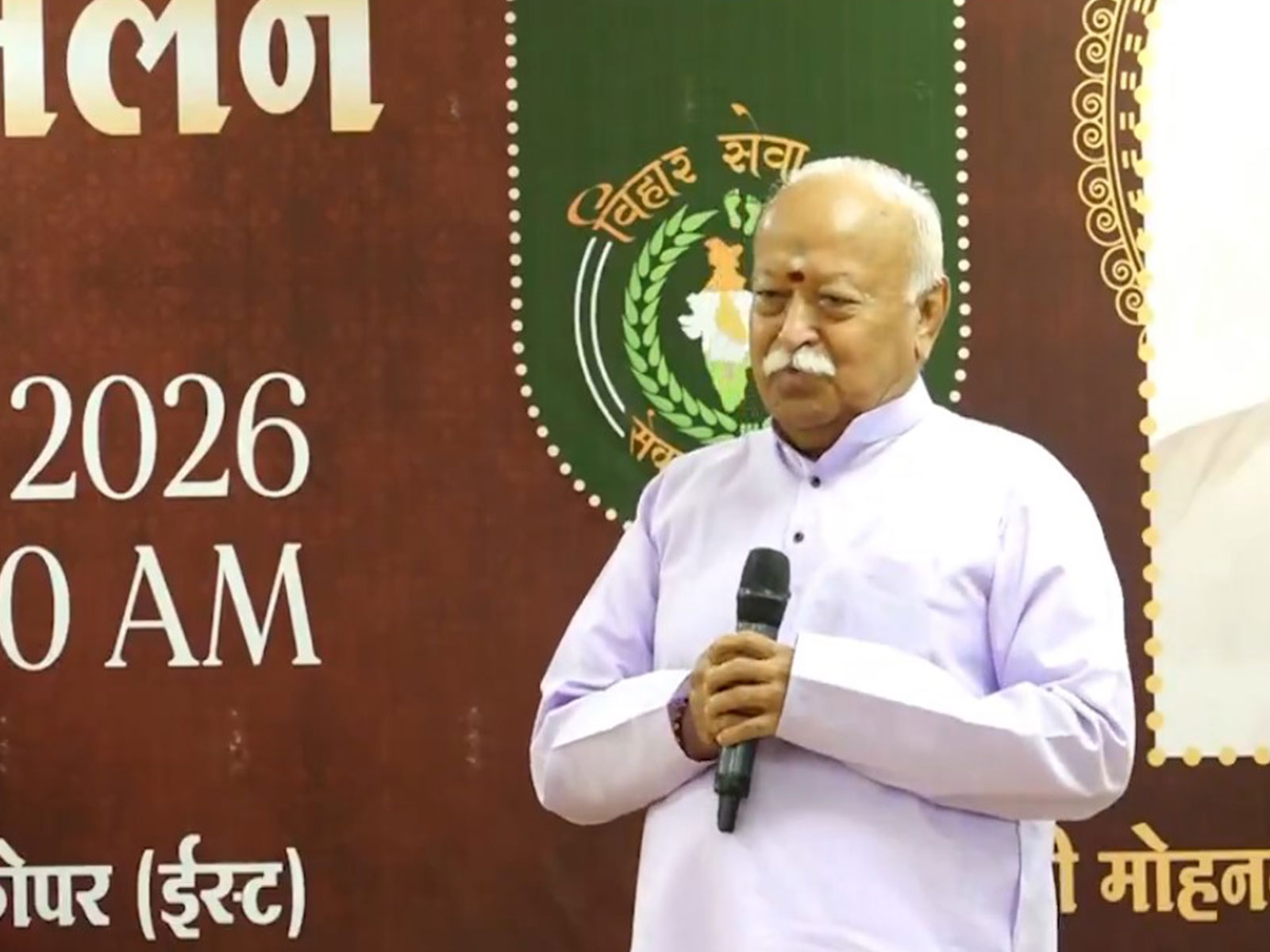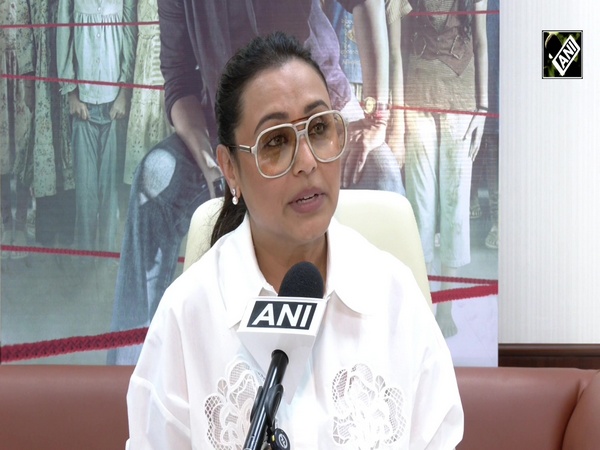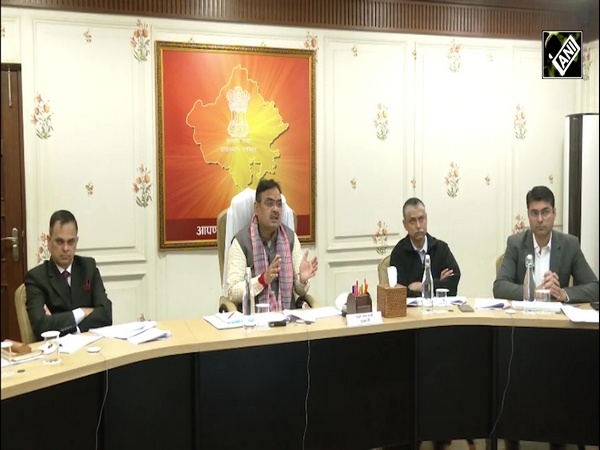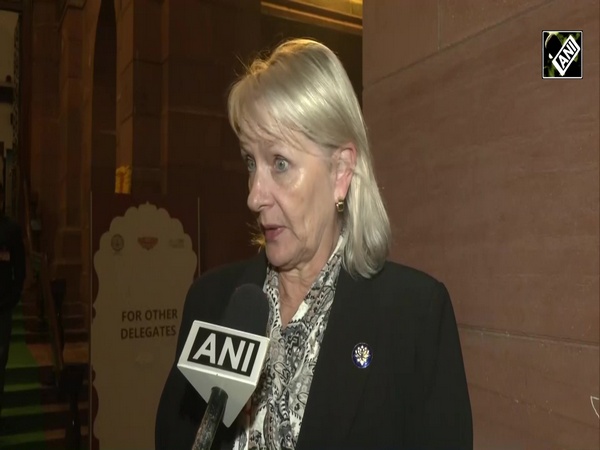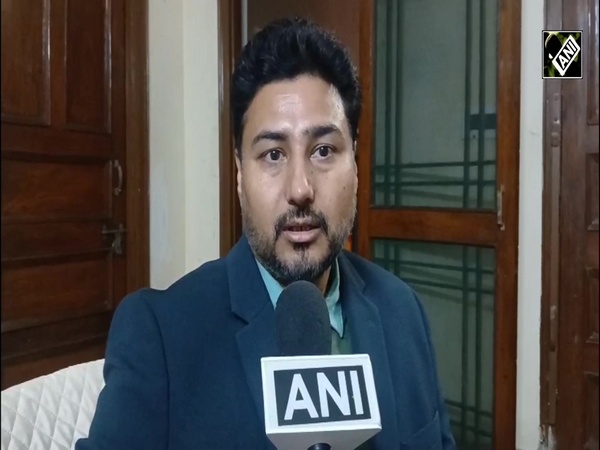Autocratic Erdogan may soon be called by Biden to pay a price
Dec 07, 2020

By John Solomou
Nicosia [Cyprus], December 7 : Turkey's President Recep Tayyip Erdogan is becoming increasingly autocratic, reversing the secularist reforms of the founder of modern Republic of Turkey Kemal Ataturk, sends to jail thousands of journalists, writers, academics and people expressing opposition to his desire to establish one man-rule. Moreover, Erdogan presents himself as the defender of Islam and Muslims all over the world, while he is actively destabilizing several states in the Middle East, North Africa and the Balkans.
A Turkish court in November jailed for life 337 former pilots and other suspects over a plot to overthrow President Erdogan, while 17 top generals were handed 141 life sentences. Interior Minister SuleymanSoylu said that about 292,000 people were detained over links to US-based imamFetulahGulen, whose supporters allegedly attempted to overthrow the government on 15 July 2016. It should be noted that Erdogan soon after the coup attempt sacked more than 150,000 civil servants and expelled from the army ranks another 20,000military men and officers, who were obviously supporters of other political parties.
Furthermore, he imprisoned tens of thousands, including hundreds of journalists, writers and academics on false charges. He oppresses the large Kurdish population in Turkey, preventing them from living a normal life, has taken control of most of Turkish traditional media outlets, repressing freedom of expression, and has introduced draconian media laws on social media, aiming to muzzle free speech.
Unlike outgoing US President Donald Trump, who described President Erdogan as a "world-class chess player", President-elect Joe Biden in an interview with New York Times last January, asked about Erdogan, described the Turkish president as an "autocrat" and criticised his policy towards the Kurds. Biden said: "He has to pay a price." He added that Washington should embolden Turkish opposition leaders "to be able to take on and defeat Erdogan. Not by a coup, but by the electoral process."
Responding, Erdogan's spokesman Ibrahim Kalin said: "The days of ordering Turkey around are over. But if you still think you can try, be our guest. You will pay the price." Earlier Erdogan himself slammed Biden as an "interventionist" in Turkey's affairs.
Turkish academic and journalist Dr Ahmed Alioglu says that the "price that Biden mentioned could be significant. Observers predict that Turkey should get ready for a rocky four years ahead. The incoming US administration will discuss reactivating the suspended heavy penalties imposed on Turkey's Halk Bank for alleged fraud and money laundering in the course of helping Iran to evade US sanctions to the tune of USD 20 billion. There are also unsettled divergent standpoints over the status of outlawed terrorist organisations in Syria. Turkey's maritime rights in the Mediterranean and other areas may deepen the gap between the two NATO allies."
It should be mentioned that Turkey has troubled relations also with EU members Cyprus, Greece and France, which are pressing for the imposition of sanctions on Ankara at an EU summit scheduled for 10 December. Erdogan has suggested that French President Emanuel Macron get "mental checks" and called on the Turkish people to boycott French-labelled products. "We are ready to use the means at our disposal," said European Council chief Charles Michel, expressing dismay over Ankara's "unilateral acts" and "hostile rhetoric".
A major lingering issue between NATO and Ankara is Turkey's purchase of the S-400 Russian missile Defense System, for which Ankara is facing US sanctions. The Trump administration so far has refrained from imposing sanctions, but apparently American patience is wearing thin. In fact, the final version of the annual defense policy bill unveiled last Thursday mandates the U.S. president sanction Turkey for its acquisition of the S-400.
During a NATO teleconference on December 1, US Secretary of State Mike Pompeo, showing his frustration with Turkey's anti-Western rhetoric and aggressive policies, accused Turkey of escalating tensions with its allies in the dispute over gas exploration rights in disputed maritime waters the eastern Mediterranean and "presenting a gift to the Kremlin" by the purchase of the USD 2.5 billion S-400 missile system.
Turkish Foreign Minister Cavusoglu, in his turn, accused Pompeo of encouraging European allies to oppose Turkey and said that by "siding blindly with Greece in regional conflicts" Washington is abandoning its role as a mediator between NATO allies.
President-elect Joe Biden appears determined to restore international alliances and traditional ties with America's friends in Europe, but in view of Ankara's deepening relations with Russia and particularly the fact that Turkey, ignoring US protests, went ahead and tested the S-400 air defense system, shows that Erdogan is hell-bent on implementing his confrontational policies.
US officials have warned Ankara that the use of the advanced Russian radar technology could compromise NATO's military systems and could potentially be used to target NATO jets in Turkey, including the F-35. A Pentagon Spokesman said: "We have been clear and unwavering in our position. An operational S-400 system is not consistent with Turkey's commitments as a U.S. and NATO ally."
Award-winning journalist and novelist Jake Wallis Simons writing in Spectator, points out that "Erdogan presents an urgent problem. It is-or should be- intolerable to have a NATO ally acting like an enemy. Yet western powers are looking the other way. ...Sooner or later, the threat must be addressed. The West must find its lost leadership and stand up to the bully of Ankara."
